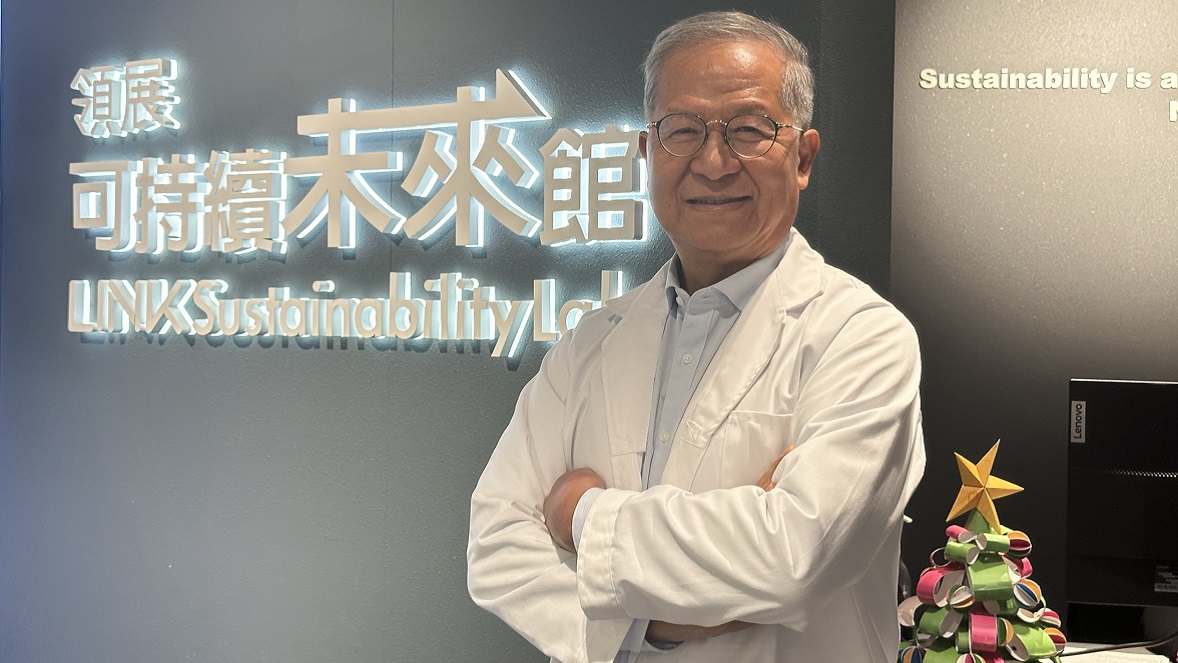
As climate change is a global phenomenon, Hong Kong is inevitably affected by its impacts. At the start of the new year, meteorologist and former Assistant Director of the Hong Kong Observatory, Leung Wing-mo, visited Link Sustainability Lab at Lok Fu Place. Speaking with Channel 823, he highlighted how simple, everyday actions – such as adopting energy-saving practices and reducing waste – can contribute to combating the climate crisis.
According to the Hong Kong Observatory, the average temperature in Hong Kong 2024 reached 24.8°C, making it the hottest year on record since measurements began in 1884 – and a significant 1.3°C above the 1991-2020 climatological norm. In recent years, there has been considerable discussion about eco-friendly ways to cope with extreme heat, with some experts even forgoing air conditioning to lead by example. However, Leung Wing-mo offers a more pragmatic perspective: “Rather than adopting a one-size-fits-all approach, individuals can explore different energy-saving measures. For most people, setting the air conditioning to 26°C during the summer strikes a balance between comfort and meaningful energy savings. When temperatures soar, using a fan can help circulate cool air more effectively.”
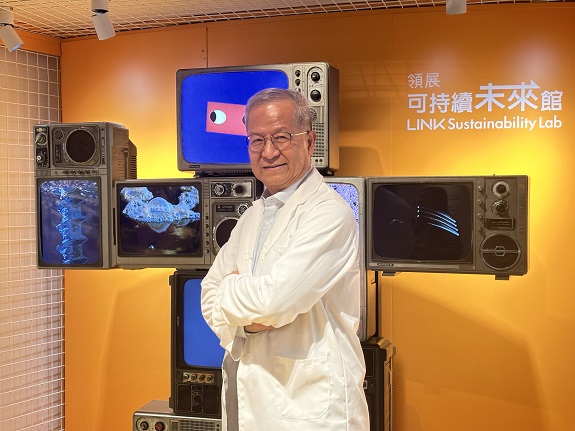
Leung also highlights a sobering statistic: more than 200 people in Hong Kong died from heat-related causes in 2023, a number that demands attention. “I especially urge vulnerable groups, such as the elderly and infants, to prioritise their health during the summer and take precautions against heat stroke. For these groups, avoiding air conditioning solely for environmental reasons may not be the wisest decision.”
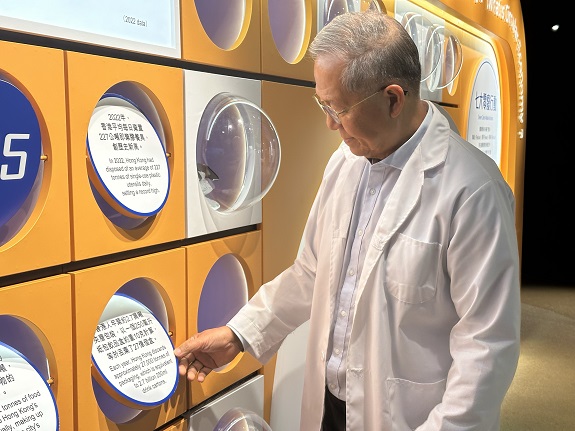
As a coastal city with abundant rainfall, Hong Kong’s seemingly endless water supply has led many residents to take it for granted.
According to the Water Supplies Department, Hong Kong residents consume about 150 litres of fresh water per person daily, with 40% used for showering and 10% for laundry. This figure surpasses that of most major cities worldwide. “I’ve seen people taking 30-minute showers at public swimming pool facilities, which is incredibly wasteful,” Leung notes. “My suggestion is men should aim to limit showers to five minutes, while women might need an additional few minutes – that should be enough for hygiene purposes.”
Although hot showers are particularly appealing during the winter months, Leung emphasises the importance of restraint. “We shouldn’t linger just because it feels comfortable and enjoyable. Water temperature also impacts gas and electricity consumption, so even something as routine as showering presents an opportunity for mindful choices. Taking a moment to think about these small actions can contribute meaningfully to energy conservation.”
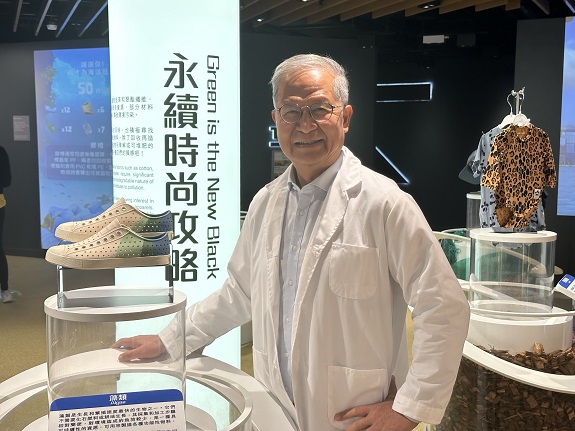
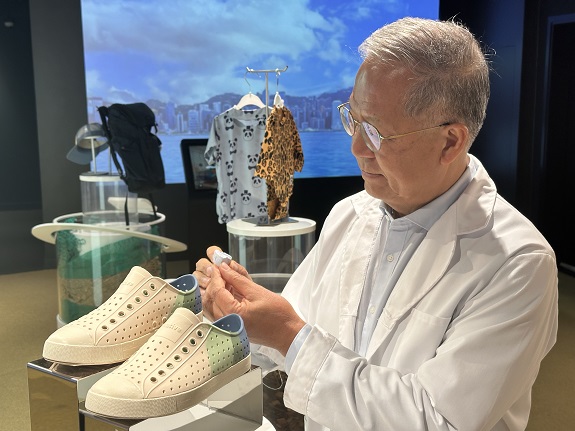
Last year, as an ambassador for the Environment and Conservation Fund Carbon Neutrality Campaign, Leung spoke at a seminar on fostering low-carbon habits for future generations. “Young people today lead very different lifestyles compared to my generation,” he observes. “You often see them rushing around with disposable coffee cups, and social media is flooded with photos of “trendy” people holding these single-use cups. For many, it’s become a fashion statement. But from my perspective, it’s actually unfashionable because it’s not eco-friendly and certainly unsustainable.”
His suggestion? “For fashion-conscious individuals, why not bring your own coffee cup? There are so many chic options available now in various colours, designs and styles that let you express your personality while being fashionable and environmentally responsible. What’s not to like?”
Leung is also concerned about the growing takeaway culture. “Even with eco-friendly utensils, takeaway inevitably generates waste,” he says. He encourages people to bring their own containers for takeaway meals or, better yet, dine in at restaurants whenever possible.
Earlier this year, Leung visited Link Sustainability Lab and was particularly impressed by its circular economy exhibition. “The content is fresh and engaging, with videos and interactive games offering stimulating and educational experience. The Lab makes an ideal outing for families,” he notes.
Leung plans to return with his grandchildren. “I’ve even recommended it on my RTHK radio show Young and Old Alike as a great activity for the Lunar New Year holiday,” he shares.